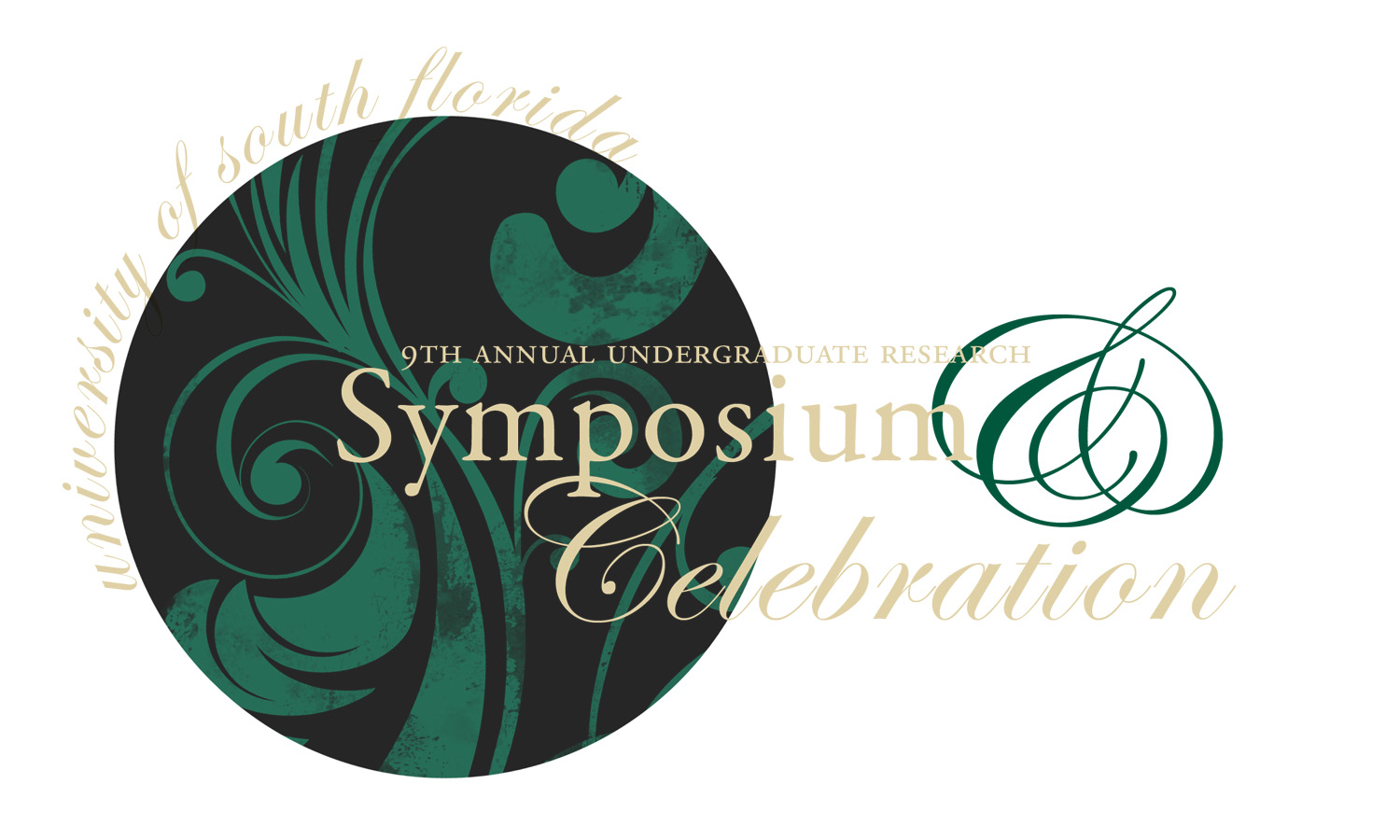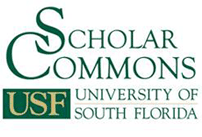Presentation Type
Poster
The Use of Academic-Community Partnerships in Participant Accrual to an Inherited Cancer Registry
Abstract
The Use of Academic-Community Partnerships in Participant Accrual to an Inherited Cancer Registry
Devon Bonner, Patrice Fleming, Sue Friedman,
Susan Vadaparampil, Veronica Harville, Tuya Pal
Background: The development of inherited cancer registries has provided for increased ascertainment of participants into genetic-based cancer research studies. Participants have mainly been recruited through academic-based genetic counseling and testing services. An Inherited Cancer Registry (ICARE) was established at Moffitt Cancer Center and participants were recruited through both an academic-community partnership with Facing Our Risks Empowered (FORCE), a non-profit organization for individuals and families affected by hereditary breast and ovarian cancer, and through academic-based high risk cancer clinics. This study sought to determine the efficacy of both methods in recruiting participants to the ICARE inherited cancer registry.
Methods: Data was collected from a pre-existing dataset tracking accrual into the ICARE registry from June 2010 to November 2010. Frequencies were calculated for the number of participants accrued through each recruitment method as well as the number of subjects approached and number of participants consented to the registry through each method.
Results: Of the 128 participants enrolled into ICARE, 82% (n=105) were enrolled through the academic-community partnership and 18% (n=23) were enrolled through the academic-based high risk cancer clinics. Of the 148 subjects approached for enrollment, 81% (n=116) were approached through the academic-community partnership and 19% (n=27) were approached through the academic-based high risk cancer clinics. 90.5% of subjects approached through the academic-community partnership were enrolled in the cancer registry while 85% of subjects approached through academic-based high risk cancer clinics enrolled.
Conclusions: Although inherited cancer registries have historically recruited heavily through academic-based clinical services, recruitment through academic-community partnerships may prove to be a valuable tool in accruing registry participants as well.
Categories
Biomedical Sciences
Research Type
Research Assistant
Mentor Information
Dr. Tuya Pal
The Use of Academic-Community Partnerships in Participant Accrual to an Inherited Cancer Registry
The Use of Academic-Community Partnerships in Participant Accrual to an Inherited Cancer Registry
Devon Bonner, Patrice Fleming, Sue Friedman,
Susan Vadaparampil, Veronica Harville, Tuya Pal
Background: The development of inherited cancer registries has provided for increased ascertainment of participants into genetic-based cancer research studies. Participants have mainly been recruited through academic-based genetic counseling and testing services. An Inherited Cancer Registry (ICARE) was established at Moffitt Cancer Center and participants were recruited through both an academic-community partnership with Facing Our Risks Empowered (FORCE), a non-profit organization for individuals and families affected by hereditary breast and ovarian cancer, and through academic-based high risk cancer clinics. This study sought to determine the efficacy of both methods in recruiting participants to the ICARE inherited cancer registry.
Methods: Data was collected from a pre-existing dataset tracking accrual into the ICARE registry from June 2010 to November 2010. Frequencies were calculated for the number of participants accrued through each recruitment method as well as the number of subjects approached and number of participants consented to the registry through each method.
Results: Of the 128 participants enrolled into ICARE, 82% (n=105) were enrolled through the academic-community partnership and 18% (n=23) were enrolled through the academic-based high risk cancer clinics. Of the 148 subjects approached for enrollment, 81% (n=116) were approached through the academic-community partnership and 19% (n=27) were approached through the academic-based high risk cancer clinics. 90.5% of subjects approached through the academic-community partnership were enrolled in the cancer registry while 85% of subjects approached through academic-based high risk cancer clinics enrolled.
Conclusions: Although inherited cancer registries have historically recruited heavily through academic-based clinical services, recruitment through academic-community partnerships may prove to be a valuable tool in accruing registry participants as well.

